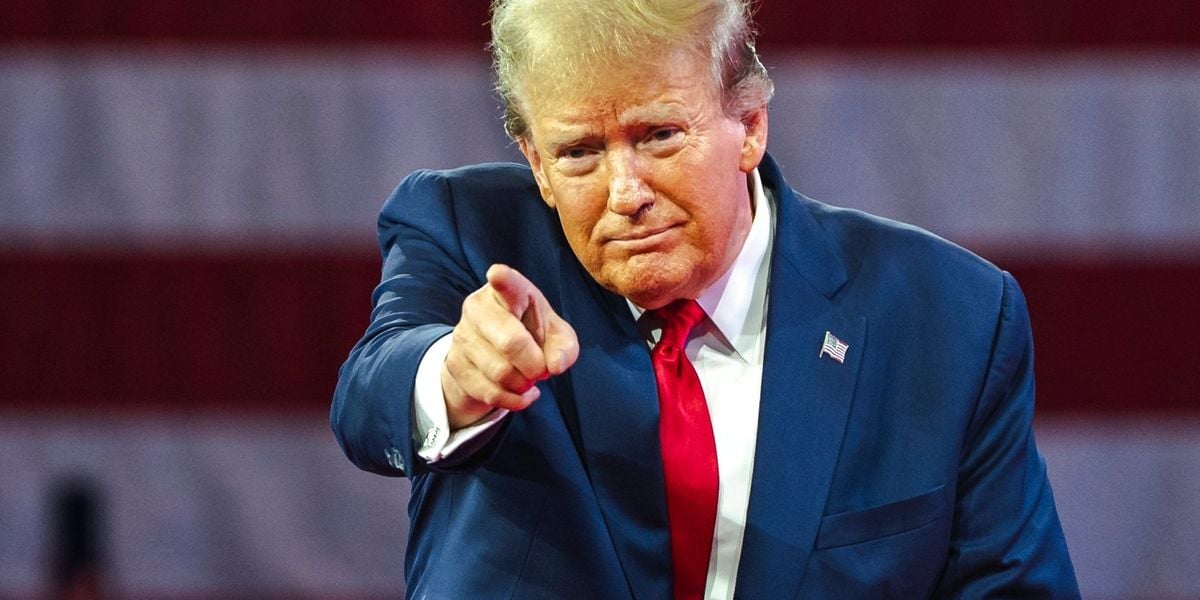Summary
Donald Trump’s proposed mandate to end federal telework and fire non-compliant employees faces major obstacles, including widespread union contracts protecting remote work.
About 56% of federal workers are covered by collective bargaining agreements, many of which include telework provisions.
Additionally, a record 10% of federal jobs are fully remote, and many agencies lack sufficient office space to accommodate full-time in-office work due to post-pandemic real estate reductions.
Critics argue that enforcing this mandate would be costly, contradicting Trump’s goals to reduce government spending and personnel.



This is such a weird hobbyhorse of the right - getting everyone “back to work”, meaning a very narrow definition of work that only includes being in-person.
It’s like they are so enraged that donvict’s stupid handling of Covid and the reality of Covid so obviously overriding all their silly belief systems about how things like science work, that they want to erase ALL of the effects of Covid, such as the tidal shift to remote work.
I used to get a commenter on Denver Post forums that would argue with me until he was blue in the face that Covid would have no long-term cultural impacts. He absolutely insisted on it, even as nearly everyone that could work from home, was 100% doing so…he claimed this would have no long term effect, and everyone should plan on “getting back to work” in a few weeks. He started this in 2020 and kept it up until DP shut off their comments.
I think he was especially incensed over WEF’s use of the term “The Great Reset” and anything that had a whiff of “globalists” is something people like that are programmed to get triggered about. But anyway, when I look around, I still see long-term cultural impacts of Covid, even if some wingers hate the idea of the WEF.